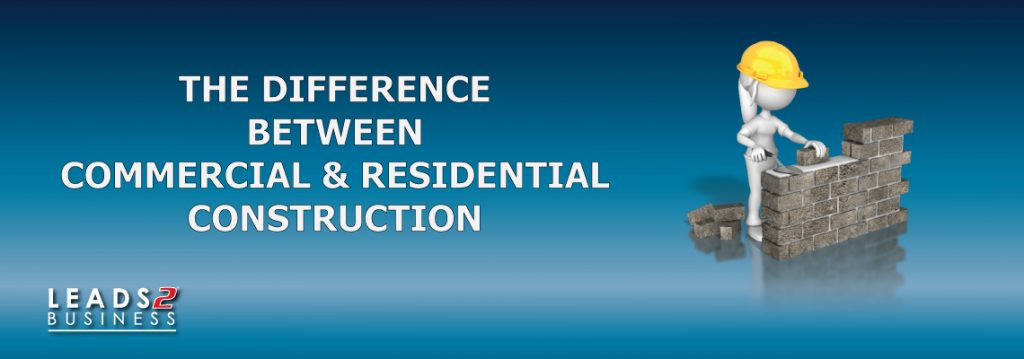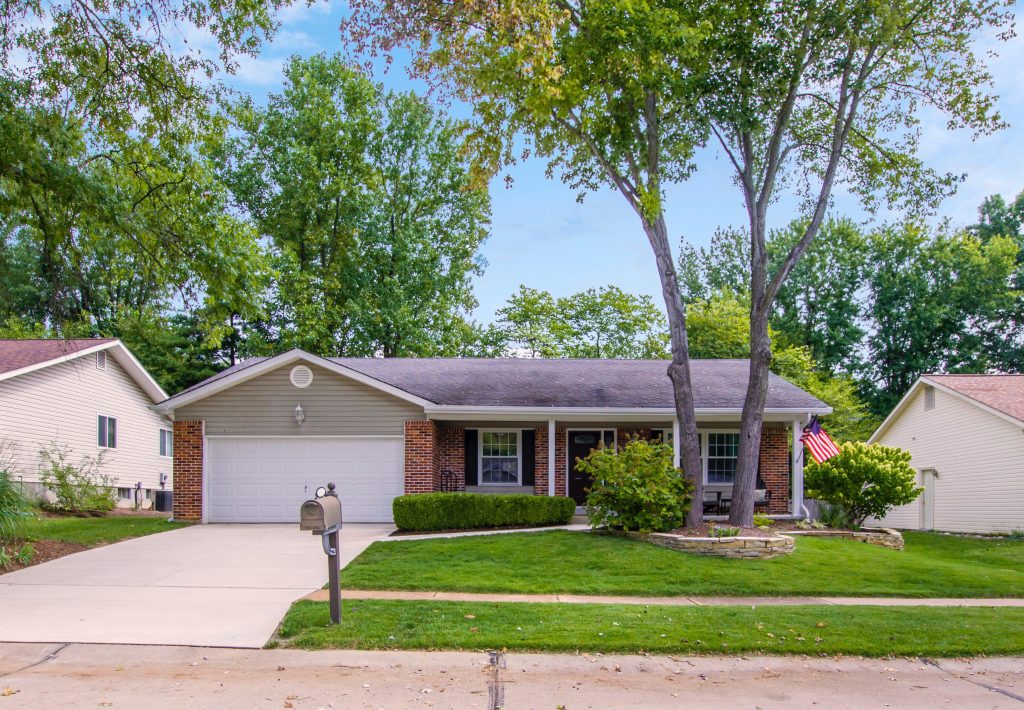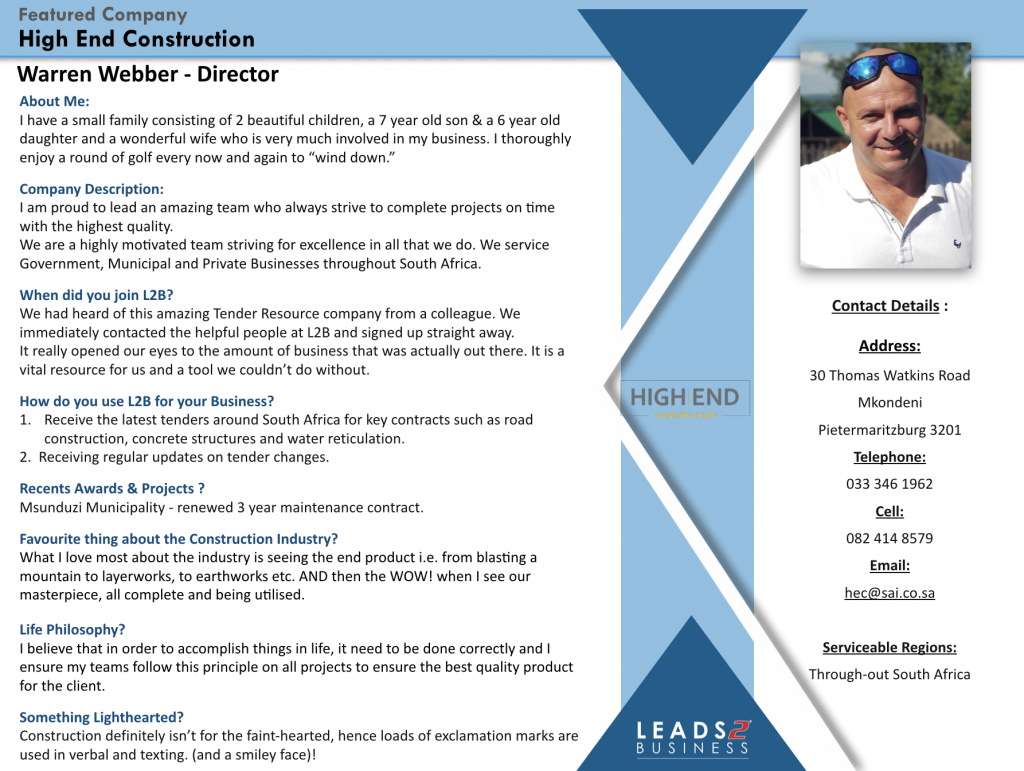
To understand the difference between Residential and Commercial Construction, you must first understand what each one is.
If your brain works anything like mine, when you hear the word “Residential” you may think of homes where there may be a street of houses which all look pretty similar from their green grass lawns and their borders of brightly coloured flowers, this is generally where you would find the consumers and generally where people would live.
When you hear the word “Commercial”, you may think of the public, attracting the public eye and making whatever your commercial item may be whether its a building or product it has to be what the people want, it has to sell to the consumers, generally where one’s workplace would be.
Commercial Construction

According to Wikipedia, “Commercial buildings are buildings that are used for commercial purposes and include office buildings, warehouses, and retail buildings (e.g. convenience stores, ‘big box’ stores, and shopping malls). In urban locations, a commercial building may combine functions, such as offices on levels 2-10, with retail on floor 1”.
A good example of a well-known commercial building in South Africa is the iconic Nelson Mandela Square in Sandton City, Johannesburg.
Here you will find a variety of restaurants, jewellers, banks, etc. and the list goes on. Buildings such as these provides ample job opportunities for people living in the surrounding residential areas.
Residential Construction

Residential Construction is a far more self-explanatory type of building.
Residential construction is the business of building and selling individual and multi-family dwellings. The building unit is divided into single-unit, manufactured, duplex, apartments and condominiums. According to the Oxford English Dictionary, Residential means “designed for people to live in.”
The best example and probably the most obvious one is where you currently live,
Your furniture is made for comfort, your wall personalised with family photos, everything designed how you want it in order for you to be comfortable.
When you buy a new lounge suite for your home you do not invite all of your friends to come and test all the couches in the shops before you buy it, You test them out yourself,
For someone buying furniture for a commercially owned building they generally buy what looks best in a building, not so much what feels best. This is once again to impress the consumer/buyer.
Although Commercial Construction and Residential Construction have a few of the same factors such as the same professionals, Architects and Projects Manager involved with the design and construction, the outcome and the aim of each building being built is different.
It may be great to live close to your local shopping mall, however I would not recommend building a 3-bedroom stand-alone house right next door in your central CDB (Central Business District).
Sources:
Itsallaboutbusiness
Rennieproperty
Wikipedia
Oxforddictionaries
Redfin
Propertymetrics
Pexels
If you are interested in becoming one of our subscribers, please visit Leads 2 Business.
To view notes with screenshots on how to use our website, please visit Leads 2 Business Wiki.
To view more Events, please visit our Leads 2 Business Blog.
When I am not at work you will find me spending quality time with my family. You will always find a smile on my face and a snack in my bag.

















